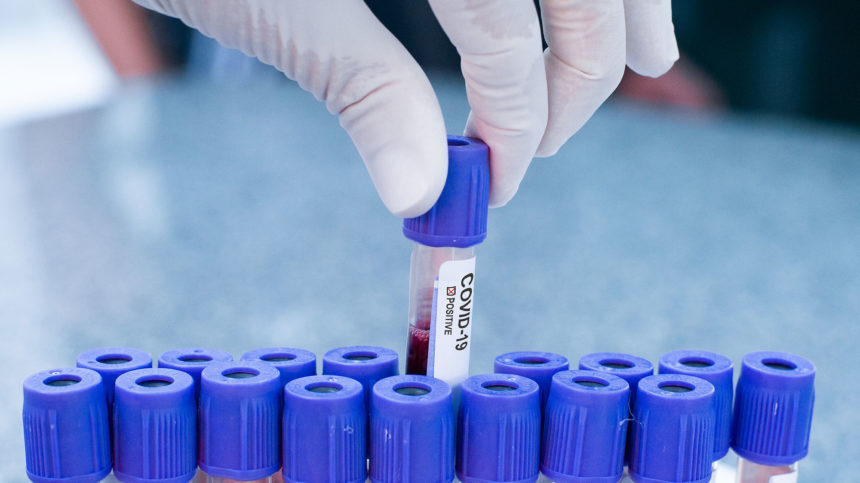
Providers that hold off on conducting widespread coronavirus testing at their facilities following an initial case of COVID-19 could exacerbate the spread of the disease throughout the building, new research from the Centers for Disease Control and Prevention shows.
The findings, which were detailed Tuesday in the agency’s Morbidity and Mortality Weekly Report, revealed that testing as soon as possible after identifying an initial case is associated with fewer cases.
In fact, researchers found that an additional 1.3 cases occurred for each additional day from the first documented COVID-19 case to the completion of facility wide testing. The findings were based on data from seven state and local health departments in the United States that conducted facility wide testing in nursing homes.
Investigators argued that the findings support providers performing facility wide testing immediately after identification of a case, saying it helps identify “additional unrecognized cases and, therefore, might maximize the benefits of infection prevention and control interventions.”
“Conducting facility-wide testing as soon as possible after identifying a case of COVID-19 offers advantages over other approaches. First, previously undetected cases can be identified; these data indicate that 79% of testing events performed in response to a known case identified unrecognized cases,” federal researchers wrote.
“Second, testing as soon as possible after identifying an initial case was associated with identification of fewer cases and might improve the feasibility and effectiveness of cohorting and other isolation strategies aimed at interrupting transmission,” they added.





